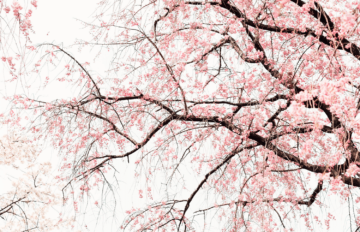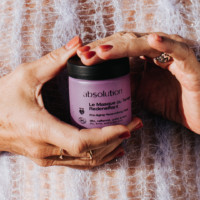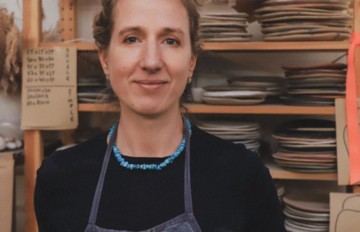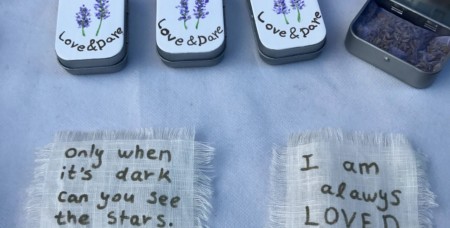
Honoring & Embracing Forgiveness – A Series of Ceremonies and Alignment Guides from UMA GAIA
When you return to a pain point, a place of trauma in your mind and heart on repeat you constantly relive that fear over and over again, and it enfolds and enforces your present day thoughts, feelings and actions from the past. Acknowledging that all people, environments, exchanges in life have a place even if it was one that created pain, sadness, grief, severe trauma – is how you can honor your past, and step into forgiveness.
Forgiveness can only take place once one has allowed themselves to feel the pain, embrace it, honor it, see it, and then step into the stage of anger, empowerment, learning the lessons, reviewing and understanding the trauma + one’s spiritual conscious journey. After these two steps on the latter towards joy, light, love and peace, once steps into the ultimate phase of forgiveness where one must forgive themselves first, then the experience and all those involved; in totality. This is true forgiveness, forgiveness is not measured by “I forgive this part but not that person..etc.” This doesn’t work.
One must also understand that forgiveness is not a sign of weakness or allowing: “If I forgive that means I am allowing this experience to happen again and not stand my ground against it.” When in reality, when you forgive you take all your power back, you no longer have a thread of pain holding onto the experience or person, you have released that ‘pain chord’ and are now free from it. Forgiveness allows you to create healthy boundaries.
Note: Let go of retelling the story of victimhood, let go being a victim, rise up from it, turn the page, transform it. This however does not mean forget it/ignore it or lock it away deep inside you; it means honor it as part of your journey, your own experiences, your life, let it transform in time into understanding, compassion, and ultimately freedom and peace.
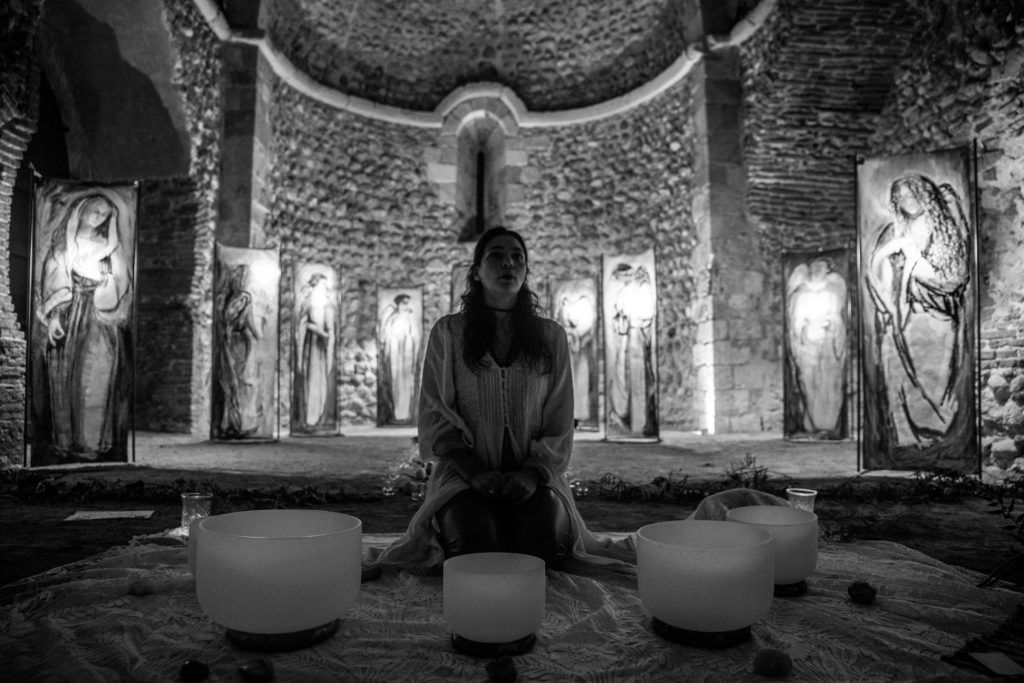
Chakra Awareness
All Chakras are connected to the energy and importance of forgiveness. We can embrace forgiveness in every one of our seven main energy centers; for forgiveness develops in different areas of each Chakra do the experience that has entered one’s life. However, the main Chakra that directly connects to the true energy of forgiveness and honoring ones past is the Heart Chakra/Anahata/4th Chakra (known as the bridge between the physical lower Chakras and the spiritual upper Chakras). You can reference my last month’s guide here which dives deep into the Heart Chakra and Unconditional Love.
Mind/Body/Spirit Guidance for Embracing Forgiveness
Intentions for Embracing Forgiveness
Start your day with one, and raise your vibration in the morning so you can quickly shift throughout the day when different experiences/thoughts may come towards you and bring you to a lower level. Affirmations and intentions are the starting point to any and all actions, desires, dreams and goals. They are what create the momentum in the direction we want, it is the starting to point to everything, the intention is the most important and then the action will follow and guided by that center starting point from within you. Be gentle with yourself, there will be resistance, and you are on your way to resilience. Intention work takes time, release of self judgement and embracement of self. When Ego comes in: state: “I am on my way, I am working towards my intention, I am on the way…”
- “I forgive myself and set myself free”
- “It is easy for me to let go and trust”
- “As I forgive myself I nurture more love”
- “It is easy for me to see the lesson in the shadow”
- “As I open my heart, it is safe for me to forgive”
- “It is easy for me to trust, forgive and be at peace”
- “I see my role in all experiences in my life”
- “I honor myself and all of my experiences”
Sound bath healing
Yoga Position for Embracing Forgiveness
Galloping Horse / Ashva Sanchalansana
- Elongate your body forward, trajectory ahead of you; stay grounded and strong through your legs, connecting to Earth below you.
- Allow your upper body to be soft and fluid like the Air.
- Embrace forgiveness here and state one of the ‘Forgiveness Intentions’ above.
- Breathe deep, release it and let it go. Honor you, honor others, see the oneness.
Tips to remember while you are working with and embracing your past, and the powerful exchange of forgiveness
- See your part in it
- See the lesson
- See the meaning
- Forgiveness is all or nothing
The Emotional Ladder: stay in each step as long as needed (it could be 1 day or 1 year…do not rush forward.
- Sadness(powerless/pain/lowest point)
- Anger (learning/taking ones power-back/seeing the lesson)
- Forgiveness (honoring the past/letting go/transformation)
- Compassion (seeing all aspects in light/at peace with all experiences and exchanges, greater understanding and meaning of life)
- Joy(happiness/freedom/love/light/highest point)

Forgiveness Crystals
When working with crystals you can carry them in your pocket, keep them near you while at home, place them on an altar, hold them while meditating, sleep with them and so on. The most important part is connecting with them and embracing their intention and resonance as your own. Here are a few crystals you can work with to support your forgiveness journey:
- Obsidian – for letting go / deep releasing of the past
- Blue Lace Agate – for overcoming bitterness and judgement
- Morganite – for healing the emotions around the past
- Rose Quartz – for unconditional love, trust and surrender
Creative Healing via Writing: Letters to Self
Take time to prepare a comfortable space for you to write, and sit quietly with your pen and paper. It can be in a journal as well, or perhaps you use special paper and pen and other adornments. This is all up-to-you. Also, know that it is important to write many of these letters, the more you write the deeper the healing and releasing. You may write hundreds of these over a lifetime.
Honoring Your Past Letters
What is an ‘Honoring Your Past Letter’? It is a letter you write to yourself for yourself. The context is all about honoring your past experiences and exchanges in all forms. This kind of letter shows and reveals to yourself how certain events that may have caused trauma are in actuality a pivotal event in your path, your journey and you can see how and why it has shaped you to grow, heal, conquer, become the leader that you are, and are still becoming. Honoring its place in your life and lovingly letting it go.
Example: Dear Olivia, I honor all aspects of your life, I honor your past family traumas and I honor the joys. I honor where you have been and where you are now….(you can go deep into specific details about people, places, environments, etc..)
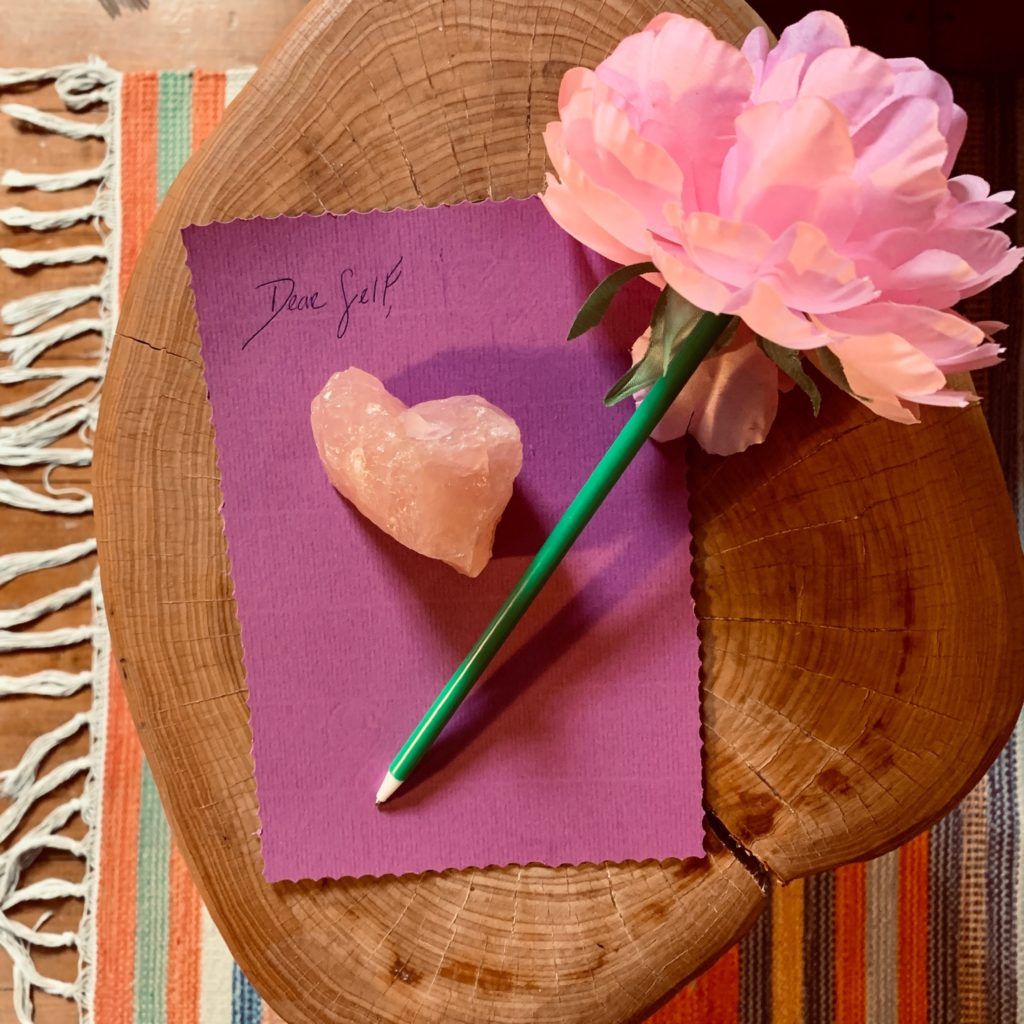
Forgiveness Letters:
A ‘Forgiveness Letter’ is a letter you write to yourself and/or someone else but without ever sending it to the other person. For this, it’s intentional to focus on one area of forgiveness per a letter. In this letter you will write all that needs to be said about the experience you have had, your feelings, and what you have to say, you are ready to heal and let go from these experiences. At first these letters may be full of anger and sadness and that is okay, and as you continue to release these emotions you begin to enter the forgiveness stage. Then the ‘Forgiveness Letter’ turns more into the ‘Honoring Your Past Letter’.
Example: Dear Father, I know you could not be there for me in the ways I needed when I was growing up, I was angry with you for a very long time, I was sad when you passed-away but didn’t know how to even express this sadness. I am sorry that I judged you so harshly and that we never had the chance to have a lasting relationship when you were alive. I was hurt by you abandoning us… but I am ready to forgive you…
Quote
“There are many gifts in honoring our pasts, we can see how far we have come, how things have shaped us, and see the light in the shadow and the lesson in the beauty of life. Forgiveness is a key foundation to living with freedom and peace, forgiveness of yourself first and then others and all experiences”
Olivia B.M. Panella











